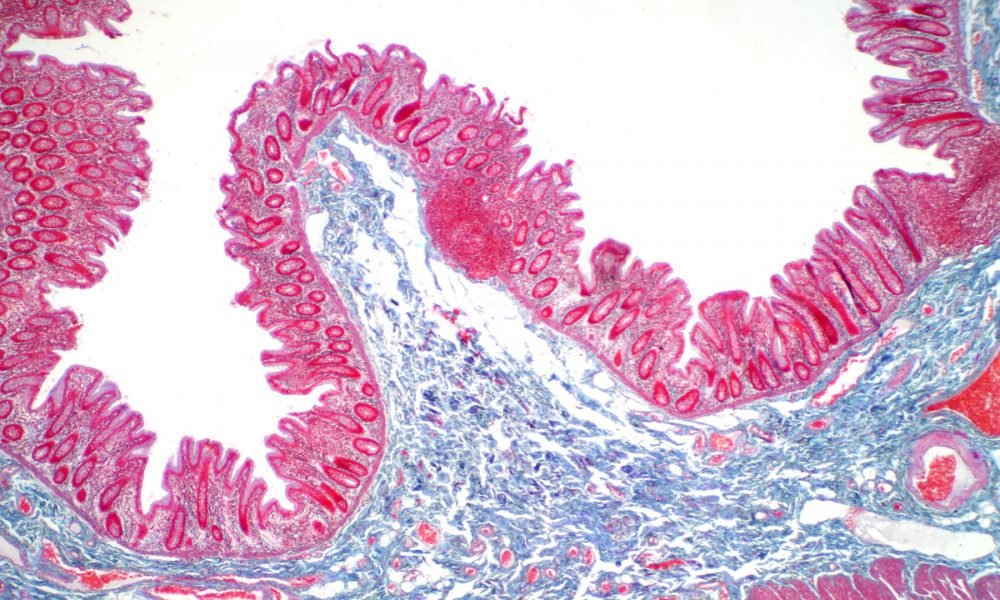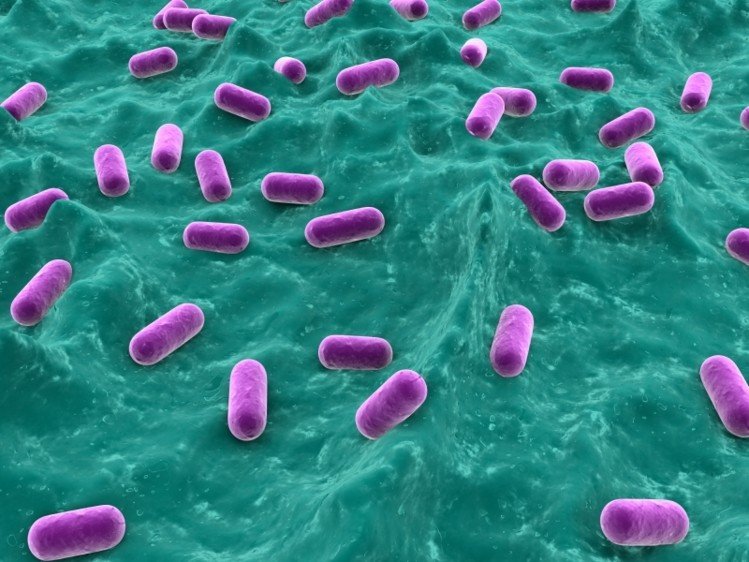
Here’s Why You Should Know What Prebiotic and Probiotics are

You can never be one up on the health and wellness trends as some new concept always crops up. Probiotics is about eating the right gut-healthy foods or taking supplements which contain beneficial gut bacteria, although a relatively new term, prebiotics may leave you confused. Is it another marketing version of probiotics? What is the buzz about postbiotics? With all the confusing terms being used, let’s clear up the confusion about each term.
What Are Probiotics?

To understand probiotics’ role in your health, let’s review how they work in your digestive tract. Your large and small intestines, are home to over 100 trillion bacterial microbes which impact your well-being, as colonies of good bacteria promote healthy digestion, while bad bacterial strains cause digestive distress. But smooth bathroom business does not ensure a thriving intestinal colony as desirable. Microbiomes, the total count of bacteria thriving in your body is today backed by path-breaking research which links healthy microbes to lowered risk of health conditions, such as depression, Alzheimer’s, obesity, diabetes, etc. Positive bacteria strains exist in fermented foods, such as yogurt, kimchi, kefir, sauerkraut, or tempeh. They are contained in probiotic pills.
And What Are Prebiotics?

As researchers uncover more insights into how exactly probiotics operate, they discovered that there’s more we can do more than just inserting some good bacteria into the body via food or pills. For probiotics to work effectively in your colon, prebiotics, which are food for probiotics, are needed. The good gut bugs need to feed on prebiotic fiber which survives the major stops along the digestive process, the mouth, esophagus, stomach, and small intestine and make it to the colon, where probiotics live. Prebiotic fibers are the non-digestible varieties like fructo-oligosaccharides, oligosaccharides, and inulin. Plant-based foods such as garlic, bananas, onions, artichokes, leeks, asparagus, whole wheat and soybeans are the best prebiotics.
What about Postbiotics?

Postbiotics deals with the process after digestion happens. As bacteria break down the fibres in your GI tract, metabolic compounds are produced. Earlier researchers thought of postbiotics as waste by-products, but interest in their potential as a medical therapy for inflammatory bowel disease, irritable bowel syndrome, and entero-colitis, is increasing. As research is on-going, postbiotics selling with prebiotics and probiotics as dietary supplements will take time but postbiotic pills will eventually hit the market.
Which Ones Should You Take?

After biotic terms are defined, what to take, and how much? If good bacteria are beneficial, a billions-strong, over-the-counter probiotic supplement may be the panacea for all ailments. But recent studiesraise serious questions about whether probiotic pills really do what they are supposed to do. Taking probiotics to counter antibiotics actually is counter-productive, as gut flora take longer to return to a normal state. Probiotic supplements benefit only very specific diseases or conditions, such as antibiotic-related diarrhea and entero-colitis in infants. Probiotic-rich foods also have other beneficial compounds like protein and calcium in yogurt and kefir, or vitamin C in sauerkraut, which are not available in pills. If your diet lacks fruits, veggies, or whole grains, or has certain macro-nutrient restrictions (keto, perhaps?), adding a prebiotic supplement is useful.
Finally, before swallowing any supplements, consult a registered dietitian or health care provider before starting a pre- or probiotic, if you have a specific previous health condition.
More inLifestyle
-
Glow Green: Marie Claire’s Eco-Friendly Beauty Brands
As we paint our faces and pamper our skin, there is been a whisper among the beauty grapevines: Can we shine...
November 24, 2023 -
George Clooney ‘To Sell Iconic Lake Como Villa’
Nestled in the serene beauty of Lake Como, George Clooney’s stunning 18th-century villa, Villa Oleandra, is making headlines once again. The...
November 14, 2023 -
4 Impactful Sustainable Business Practices
In the ever-evolving landscape of modern businesses, sustainability has emerged as a game-changer. Gone are the days when organizations viewed sustainability...
November 9, 2023 -
Bollywood A-Listers Who Are Also Active Tech Startup Investors
Bollywood and technology may seem like an odd couple, but in recent years, these two worlds have collided in the form...
November 1, 2023 -
Why Fashion Lovers Are Embracing Sustainability
In a world where a freshly brewed cup of coffee seems more luxurious than before, and your favorite brand’s spring collection...
October 24, 2023 -
Inside Kim Jong Un’s Infamous Armored Train
The mysterious world of North Korea has long fascinated the international community. Recently, images emerged in Russian and North Korean state...
October 22, 2023 -
Employees Are Becoming Millionaires Before Retirement | How You Can Join the Millionaire Club Too!
Have you ever daydreamed about being part of the millionaire’s club? Maybe, in those dreams, you are sipping a cocktail on...
October 12, 2023 -
The Osbournes’ Big Return: From TV Madness to Podcast Fun
Hold on to your earphones, rock fans, and reality TV junkies! The infamously lovable Osbourne clan is back, and this time...
October 8, 2023 -
Estrela de Fura: Largest Ruby Auctioned for $34.8 Million
In a stunning turn of events, a historic auction at Sotheby’s in New York has shattered records as the largest ruby...
September 30, 2023















You must be logged in to post a comment Login